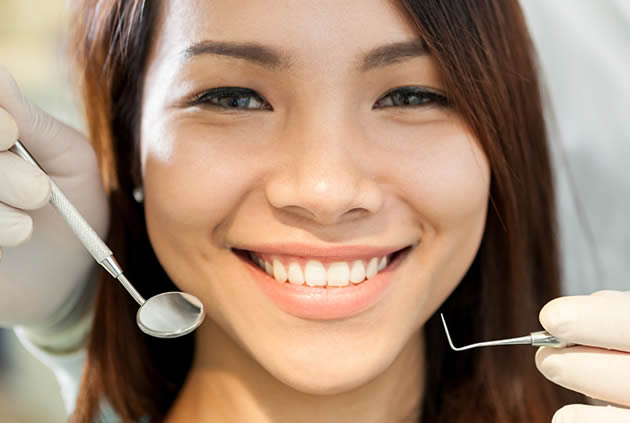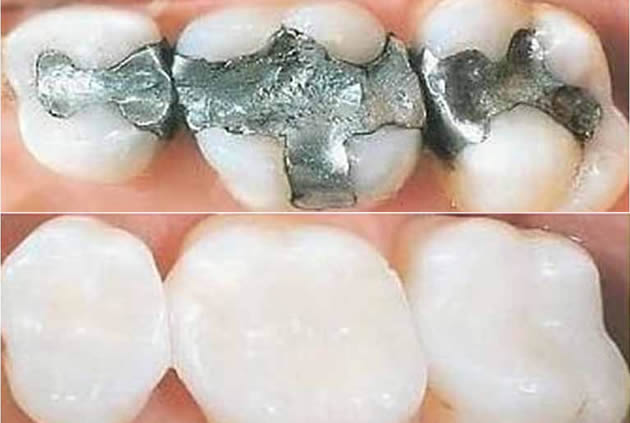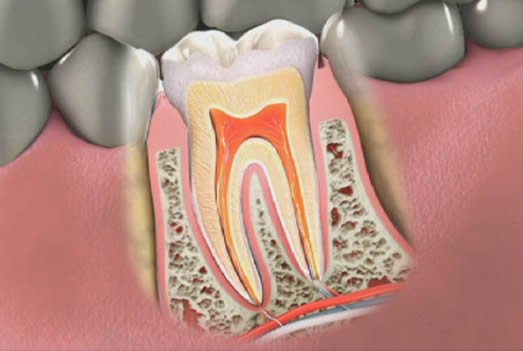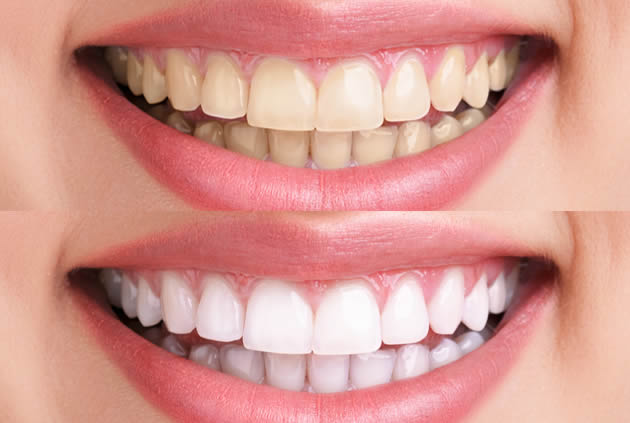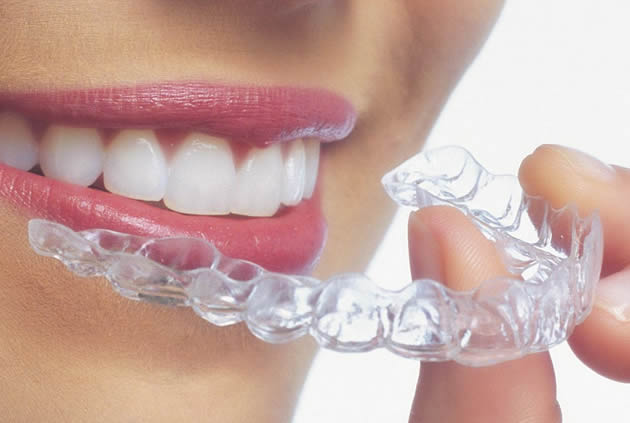
Did you know that it takes fewer muscles to smile than frown? This powerful tool often gets lost in the busyness of our lives. Not only is smiling easier on your face, but it can significantly improve your mood and give somebody else’s day a lift. The benefits of smiling include:
Connects you with other people
When you share a smile with another person, you form an instant bond. By boosting that individual’s mood, you can reduce stress levels and possibly encourage that person to try on a smile. Actually, you can use a smile as currency to successfully navigate awkward social situations and gather any assistance you need.
Changes your perspective
If you feel anger or stress, smiling can give your attitude a much-needed adjustment. Typically, smiling enables your body to release endorphins, wonderful chemicals that make you feel happy.
It doesn’t cost a thing
Often, we get busy and don’t have the time, energy, or resources to help others. Your smile brightens the lives of anyone who sees it and it only takes a minute or less.
Helps fight illness
People who smile a lot tend to be more optimistic, which can promote a stronger immune system and keep you healthy.
Why not smile?
Try to remember that if you don’t smile, your other options are frowning or wearing a blank expression across your face. Given those choices, smiling seems like the best alternative.
Boosts your confidence
When you smile, you often walk taller and carry yourself in a more self-assured manner.
Smile makeover dentist in Baltimore

Most people are well aware certain foods are bad for teeth, but did you know some are very good for oral health? Listed below are just a few of the foods that could help your teeth and gums stay in tip top condition.
Salmon
Salmon is packed full of vitamin D which helps your body to absorb calcium from other foods, keeping your teeth and bones strong and healthy.
Onions
Onions might give you temporary bad breath, but they also contain sulfur that lowers the amount of decay causing bacteria in your mouth.
Strawberries
Strawberries are high in fiber and vitamins C, ensuring your gums are able to repair themselves and fight infection.
Pineapple
Pineapple is also high in vitamins C as well as an enzyme called Bromelain which helps promote healing. In addition pineapple increases saliva production, helping to wash away excess bacteria and sugars that could cause disease.
Quinoa
This fashionable grain is full of minerals including magnesium, manganese, phosphorus and calcium, all of which help strengthen your teeth.
Sesame Seeds
Sesame seeds contain plenty of calcium, helping to strengthen your teeth.
Shiitake Mushrooms
Shiitake mushrooms not only taste delicious, but also contain something called Lentinan which helps prevent the growth of bacteria in your mouth.
Wasabi
Wasabi is a type of Japanese horseradish that contains particular compounds that inhibit the growth of bacteria in your mouth.
Sea Salt
Sea salt contains numerous different minerals that help strengthen teeth.
Xylitol
Your dentist in Reno may recommend chewing xylitol gum after every meal as this ingredient helps inhibit bacterial growth, reducing the risk of gum disease and cavities.
Stevia
Ordinary sugar promotes bacterial growth, increasing acidity in the mouth. Stevia is a natural sweetener that doesn’t have this effect.
Of course a great diet is only half the story, and needs to be backed up with professional dental care from your dentist in Reno, and great daily dental care at home.
Visit our Baltimore dental office for a dental cleaning.

Though sports drinks and energy drinks may provide refreshment after a workout or keep you awake to study, they can also do serious damage to your teeth. People often think of these drinks as healthy alternatives to soda, but that’s not the case. In fact, research shows that these beverages are up to 10 times worse for your oral health than cola.
The issue with sports and energy beverages comes from the high acidity. Manufacturers add acid to these drinks to balance the sugar. Even more than soft drinks, the acid in sports and energy beverages can erode tooth enamel, which increases the odds of cavities. Once teeth are weakened by decay, you become more susceptible to future problems down the road.
Another reason sports and energy drinks are problematic is the way people consume them. Because most individuals sip on them throughout the day, teeth are continuously exposed to the acid in the beverages. To minimize the risks to your oral health, consider these tips:
- Use a straw when you consume these beverages because it restricts the amount of liquid that gets on your teeth.
- Chew sugar-free gum, which promotes saliva production and rinses the acid from your teeth.
- Brush your teeth right after drinking sugary beverages to remove any residue and keep teeth healthy.
- Make H2O your first choice. Consuming lots of water and limiting intake of sodas, sports beverages, or energy drinks will help you stay hydrated and promote good oral health.
Family and general dentist in Baltimore

Across drugstore and grocery aisles, toothpaste options line the shelves. Brushing plays an important part in maintaining dental hygiene. With all the choices, you may feel like it’s a tough to make a decision. Knowing the difference between whitening toothpaste and natural toothpaste can help you decide the best option for your smile.
Cavity-fighting toothpaste
When used correctly, all toothpastes ward off cavities by removing plaque from teeth. Choosing toothpaste with fluoride will protect enamel from erosion and strengthen your teeth. Children under six shouldn’t use fluoride toothpaste because they can ingest too much and end up with white spots on their teeth from overexposure to the fluoride.
Whitening toothpaste
Although these options will remove staining, whitening toothpastes don’t work as well as professional teeth whitening. For temporary results and a brighter appearance, many people swear incorporate whitening toothpaste into their hygiene routines.
Antibacterial toothpaste
Some of the newer products have an antibacterial agent called triclosan that may help protect gums from the bacterial infections that cause gum disease. Since these toothpastes haven’t been on the market that long, the jury is still out on their effectiveness.
Natural toothpaste
Found in most health food stores, all-natural toothpastes are typically fluoride-free. Often, natural toothpastes contain ingredients such as peppermint oil, myrrh, or aloe to clean teeth and freshen breath.
Toothpaste for sensitive teeth
If eating ice cream or drinking coffee causes tooth pain, toothpaste designed to minimize sensitivity might be good for you. These compounds work by desensitizing teeth and blocking the tubules that reach the nerves in your teeth.
If you live in the Baltimore area contact us today

There are few things more irritating than having a painful, swollen sore in your mouth. It bothers you while eating, talking, and even just sitting around. There are a number of types of mouth sores with different causes. Some are infections from bacteria, viruses, or fungus. Or they can be a result of an ill-fitting denture, broken tooth or filling, or loose orthodontic wire. Mouth sores can also be a symptom of a medical condition. Here are some details about common mouth sores.
Canker sore
These small sores occur inside your mouth, and are white or gray with a red outline. They aren’t contagious, but are recurring and can happen one-at-a-time or several at once. Experts believe that lowered immune systems, bacteria, or viruses are risk factors. Canker sores often heal by themselves in about a week, and topical anesthetics or antibacterial mouthwashes may provide relief.
Cold sore
Also called fever blisters, these sores occur outside of your mouth around your lips, nose, or chin. These blisters filled with fluid are caused by the herpes simplex virus type 1, and are extremely contagious. Once you have been infected with the herpes virus, it remains in your body and occasionally flares up. Cold sores usually heal in about a week on their own. Topical anesthetics may help, and your dentist might prescribe antiviral medications to reduce outbreaks.
Candidiasis
Also called oral thrush, candidiasis is a result of the yeast Candida albicans reproducing in large quantities. It usually happens to those with weakened immune systems, and is common with people wearing dentures or with dry mouth syndrome. Candidiasis is also linked to taking antibiotics. Controlling candidiasis is done by preventing or controlling the cause of the outbreak. Ask your dentist for advice.
Leukoplakia
Common with tobacco users, leukoplakia are thick white patches on the inside of your cheeks, gums, or tongue. In addition to tobacco use, they can also be caused by ill-fitting dentures or continual chewing on the inside of your cheek. Leukoplakia is linked with oral cancer, so your dentist may advise a biopsy if the patch looks suspicious.
Contact our dental office in Baltimore to schedule a dental checkup.
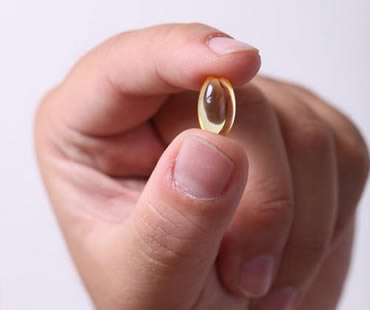
As we age, our teeth and gums change. Proper care of your teeth as well as eating a good diet can keep your smile beautiful and strong. Certain vitamins and minerals also help promote optimal oral health.
As we age, our teeth and gums change. Proper care of your teeth as well as eating a good diet can keep your smile beautiful and strong. Certain vitamins and minerals also help promote optimal oral health.
Vitamin A
Besides aiding with vision, Vitamin A also helps with the development of healthy teeth and gums. As well, Vitamin A contains beta-carotene, which has antioxidant properties. These antioxidants assist in getting rid of free radicals, chemicals that speed up decay in the body.
Vitamin C
Also called ascorbic acid, Vitamin C assists with the absorption of iron, maintains healthy connective tissues, and promotes strong teeth and gum tissue. Because Vitamin C is water-soluble, it is washed out of the body once it has what it needs, people should take in Vitamin C every day.
Vitamin D
Created after exposure to sunlight, Vitamin D encourages calcium absorption as well as helping keep the right levels of calcium and phosphorous in the blood stream. Children need to get enough Vitamin D so that they will develop healthy teeth and bones, so it is often added to milk.
Calcium
No matter your age, every person needs to take in enough calcium because this mineral is crucial in the development and maintenance of teeth and bones. In fact, your jaw bone forms the foundation that houses your teeth.
Getting What You Need
Eating a balanced diet will ensure that your body has the vitamins and minerals needed to keep your smile vibrant for a lifetime. Dairy products like yogurt and cheese as well as vegetables such as broccoli and peas are high in calcium. Have lots of egg yolks, fatty fish, and fortified dairy products when you need Vitamin D. Citrus fruits, melons, berries, and tomatoes offer plenty of Vitamin C, and you can find Vitamin A in dark green or yellow fruits and vegetables, eggs, or low-fat dairy products.












